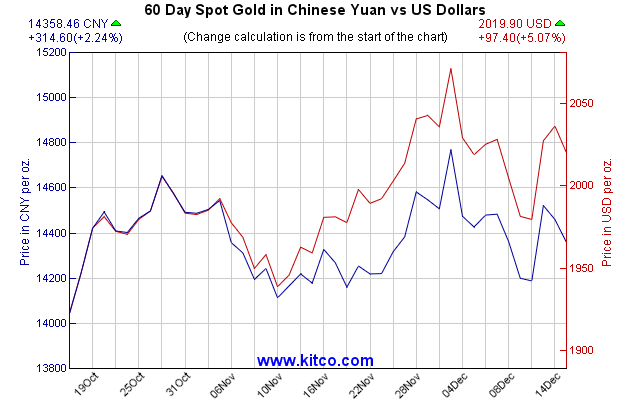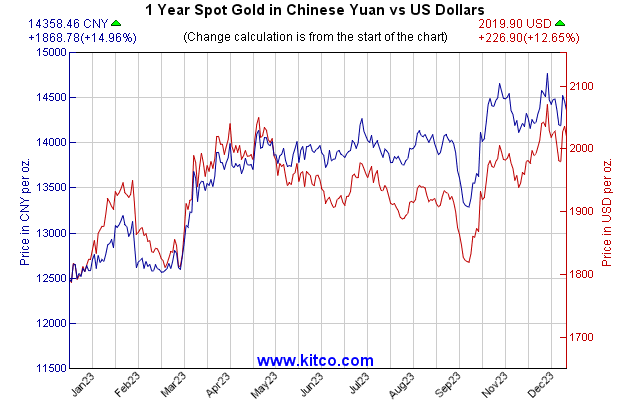“Bad money drives out good money.” Gresham’s law is an economic principle that states: “When a government overvalues one type of money and undervalues another, the undervalued money will leave the country or disappear from circulation into hoards, while the overvalued money will flood into circulation.” – Murray Rothbard
Gresham’s Law is also known as Copernicus’ Law, as Nicolaus Copernicus first formulated the theory in 1519. The idea is that when a system has different forms of currency circulating and one of the currencies is perceived to be overvalued relative to the alternative currency, the undervalued currency will be hoarded and the overvalued currency will be used for transactions.
From The Dollar Vigilante:
I’ve been in Europe a couple of days now and one of my main goals here, other than protesting the G7, Bilderberg and visiting Liberland, was to find out if what Martin Armstrong wrote about – that there is a shortage of gold at the retail level in Europe – is true. What I’ve found is that, indeed, it is true, as in many European countries one is no longer able to buy retail gold coins for investment.
Shops are buying precious metals still, but no one is selling. Spanish banks that once sold gold to the public have shut down in Spain, and if people leave Spain wearing a lot of jewelry, authorities weigh and inspect the precious metals, as Armstrong reports.
You can read the rest of this here: No More Retail Gold In Europe
The article above is based on reports from Martin Armstrong. If the author for The Dollar Vigilante had not verified the assertions from Armstrong, I would not have published the report.
Armstrong never misses a chance to throw in some kind of reasoning for why he thinks gold is going lower. He erroneously correlates demand in China with reported shipments of gold from Switzerland to Hong Kong. That’s laughable because anyone who writes about gold should know that China also imports gold through Beijing and Shanghai and those numbers are a State secret. Through the week ended May 22, withdrawals from the Shanghai Gold Exchange are up 20% vs. 2014 and 8% over the same period in 2013, which was a record year for withdrawals (2,197 tonnes).




 Senator Harry Reid stepping down
Senator Harry Reid stepping down